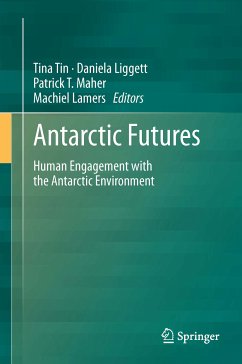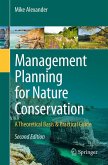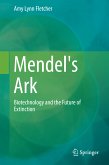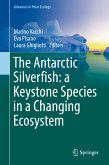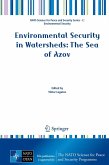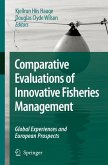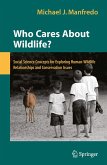An introductory chapter sets the scene by tracing the history of human activities, and the development of international legislation and other governance initiatives, for managing environmental impacts in Antarctica. Section A: Species and Ecosystems examines the future state of Antarctic ecosystems in general, and specifically focuses on baleen whales, fisheries, introduction of non-native species, and the consequences of human trampling on soils. Section B: Regional Case Studies offers detailed summaries of human activities and environmental management in three distinct regions - Fildes Peninsula and Deception Island in the South Shetland Islands, and McMurdo Station in the Ross Sea region - as microcosms of current practice from which lessons can be learned. Section C: Actors and Sectors offers a diverse set of perspectives from representatives of environmental non-governmental organizations and governmental institutions as well as from tourism and sustainability researchers on how Antarctica is used, valued and governed, and how strategic thinking can assist in exploring, and potentially reaching, desirable futures for the Antarctic environment. The conclusion chapter summarizes thepreceding discussions and calls for integrating a strategic vision into all aspects of Antarctic environmental governance.
Antarctic Futures: Human Engagement with the Antarctic Environment draws on research from the International Polar Year (2007-2009) presented at the 2010 Oslo Science Conference, probing multiple dimensions of human engagement with the Antarctic environment.
Dieser Download kann aus rechtlichen Gründen nur mit Rechnungsadresse in A, B, BG, CY, CZ, D, DK, EW, E, FIN, F, GR, HR, H, IRL, I, LT, L, LR, M, NL, PL, P, R, S, SLO, SK ausgeliefert werden.
"Antarctic Futures, based on a session held during the Oslo Science Conference (Norway) in 2010, focuses on the impact of human activities and regional environmental change in the polar regions ... . Broad and thoughtful in its approach, this work is a noteworthy addition to the expanding canon of analyses of the human impact on and the future of Antarctica. Summing Up: Recommended. Upper-division undergraduates through professionals/practitioners." (H. Doss, Choice, Vol. 51 (11), August, 2014)
"Antarctic futures is a timely assessment on good authority which mostly succeeds in integrating the natural and social sciences in order to examine existing and alternative environmental practices. ... place Antarctic futures on the compulsory reading lists of all Antarctic scholars and their students - the future leaders in polar science and environmental management. This recommendation also extends to other actors and sectors." (Frigga Kruse, Polar Record, July, 2014)

